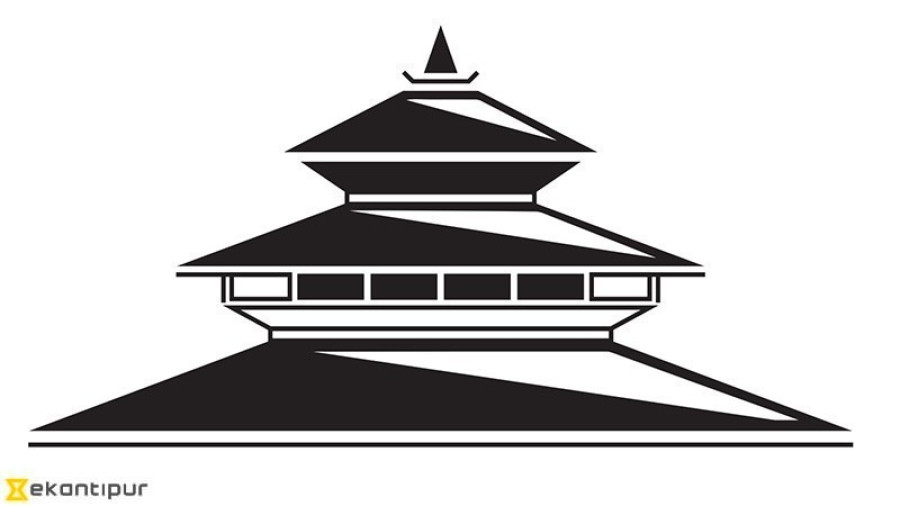Editorial
Making the right noise
For Delhi, Prez Bhandari’s visit offers a great opportunity for right political messaging
President Bidya Devi Bhandari is paying a state visit to India on April 17. Bhandari was scheduled to visit India when KP Oli was prime minister, but Nepal-India ties had deteriorated at that time and the visit was cancelled.
For this reason, Bhandari’s visit to Delhi next week holds greater significance than usual. It seems to indicate an improvement in relations between the two countries. Although the President’s position in Nepal is mostly symbolic, Bhandari’s visit will carry political significance. Both Kathmandu and Delhi would be better off if the visit could further the development of bilateral relations and place Nepal-India ties on a firmer footing.
From the time of the blockade in late 2015, there appears to have been some shifts in India’s policy towards Nepal. Indian officials recognised that the blockade backfired. It failed to achieve any political objectives, and only fuelled anti-Indian sentiments in Nepal. It is perhaps for this reason that in recent months India has not been very vocal about local elections and Madhesi demands to amend the constitution.
Moreover, the blockade led Nepal to seek greater proximity to China, including attempts to import oil from it. Over the last year, Nepal’s engagement with China has been growing. This has led to some consternation in India. Indian officials appear to have come around to the opinion that they need to pay more attention to increasing connectivity and investment in infrastructure in Nepal. This has been a focus ever since Narendra Modi became India’s prime minister in 2014, but there is still little show for his ‘neighbourhood first’ policy. Though these are still early days, Indian officials have very rightly been trying to expedite projects that were languishing for years.
India would do well if it focuses on measures to improve connectivity with Nepal and raise economic growth. It would also do well to abstain from direct political interference in Nepal. As an important neighbour, India cannot remain completely detached from Nepal’s politics, but there is no need to micromanage Nepali affairs and impose coercive measures. India can convey whatever concerns it has openly rather than engage in secretive manoeuvring. Such an approach would go some distance in improving bilateral relations and allay negative perceptions about India in Nepal.
President Bhandari’s official visit to India comes at a crucial time. Although the President does not have the capacity to sign agreements on the government’s behalf, she can play an important role in political messaging. Through these important bilateral visits, the two sides can help re-establish Nepal-India relations on a more solid footing, both in substance and tone.




 9.89°C Kathmandu
9.89°C Kathmandu














